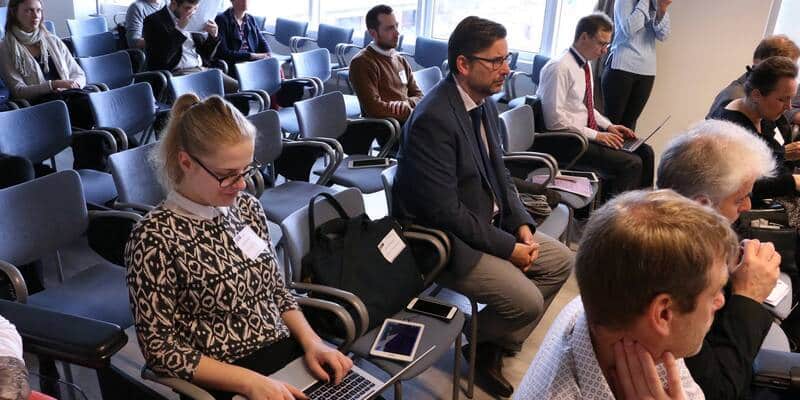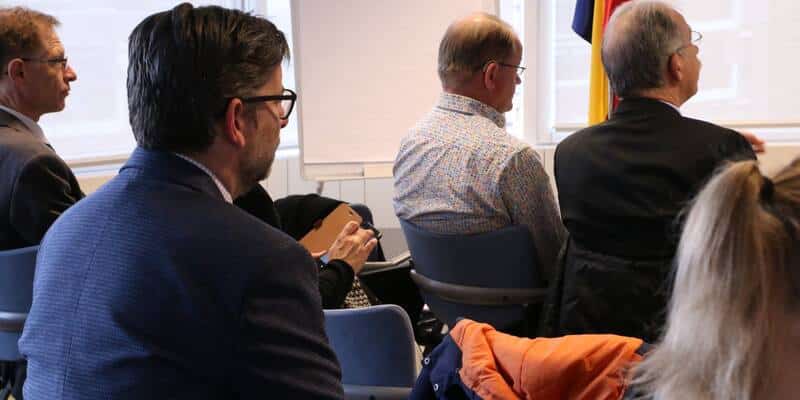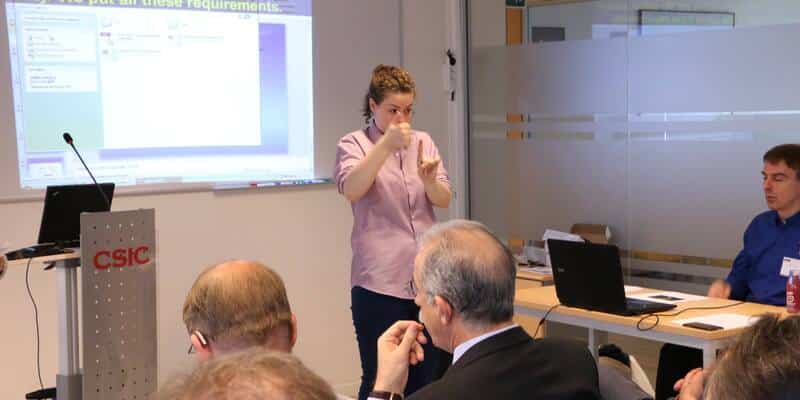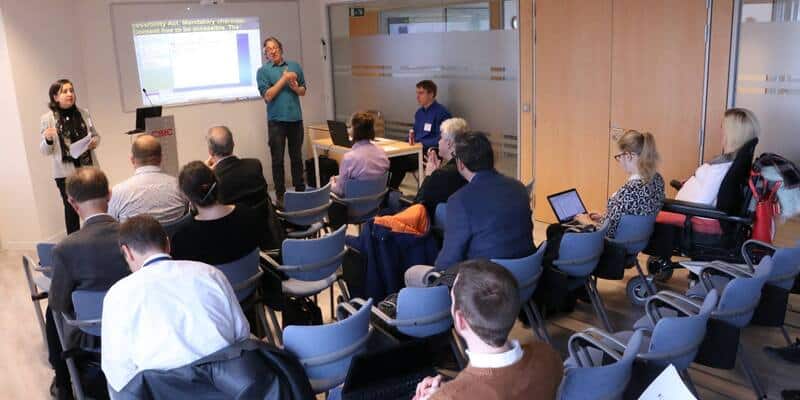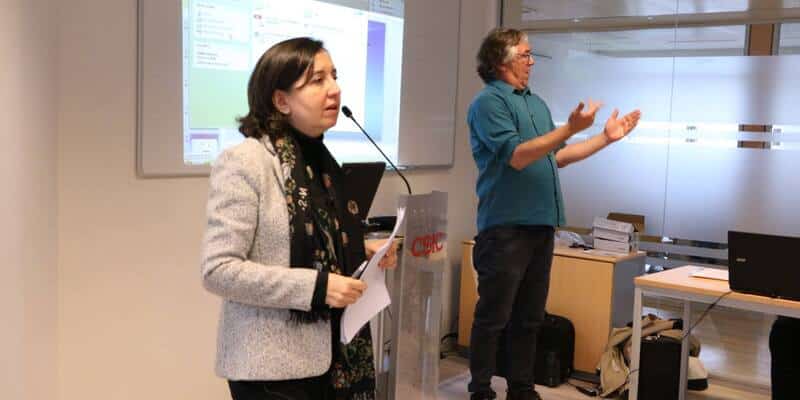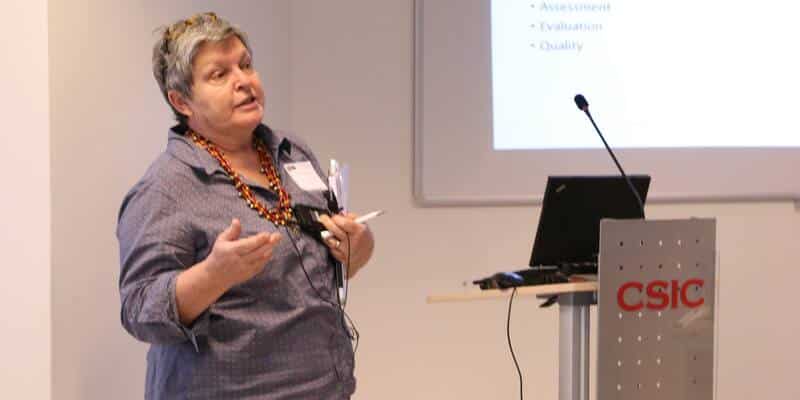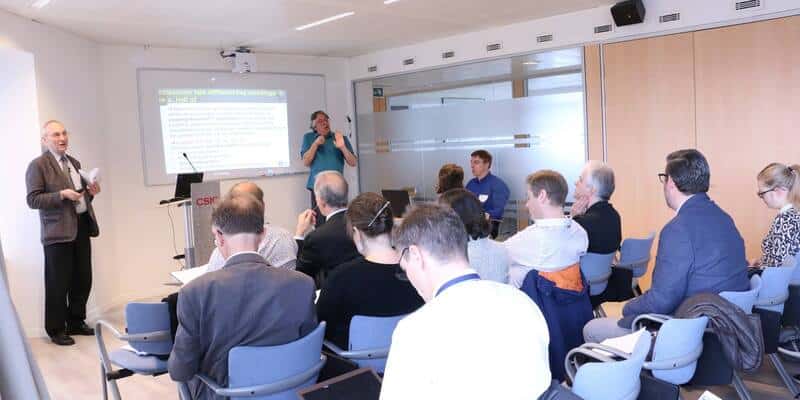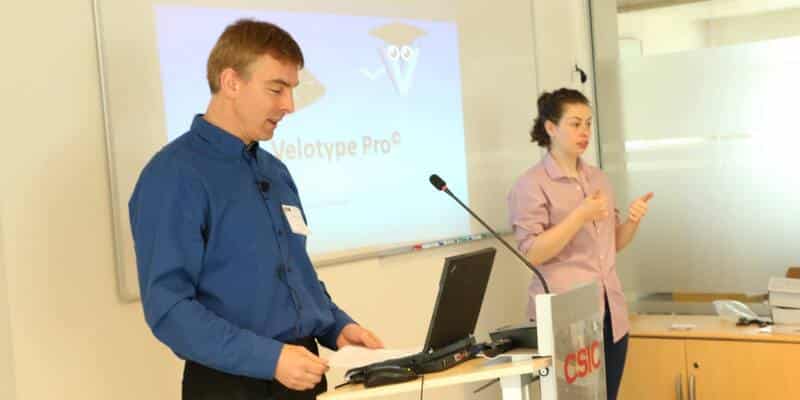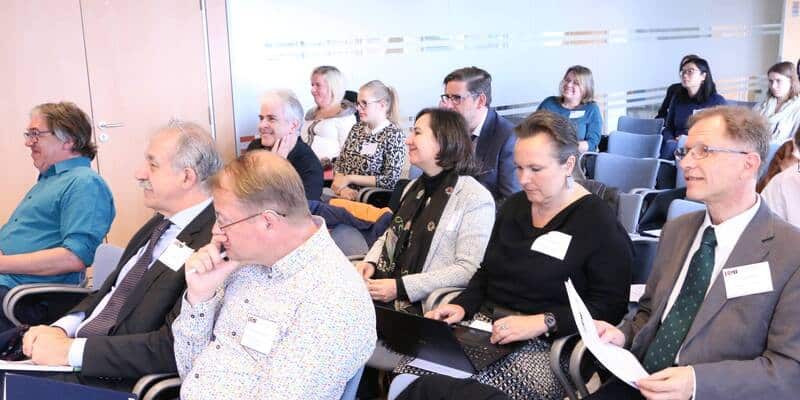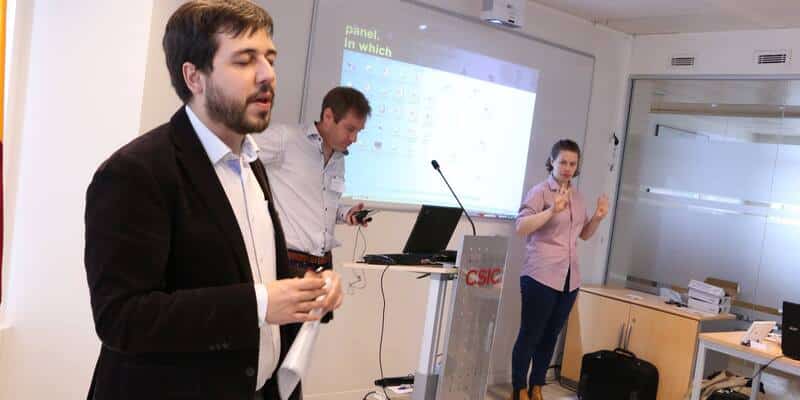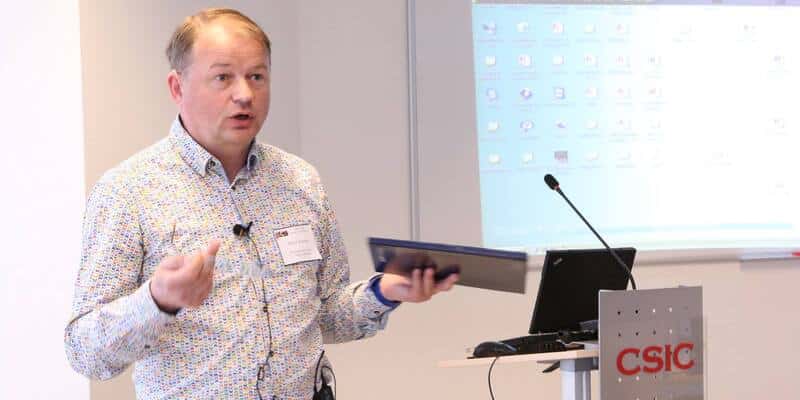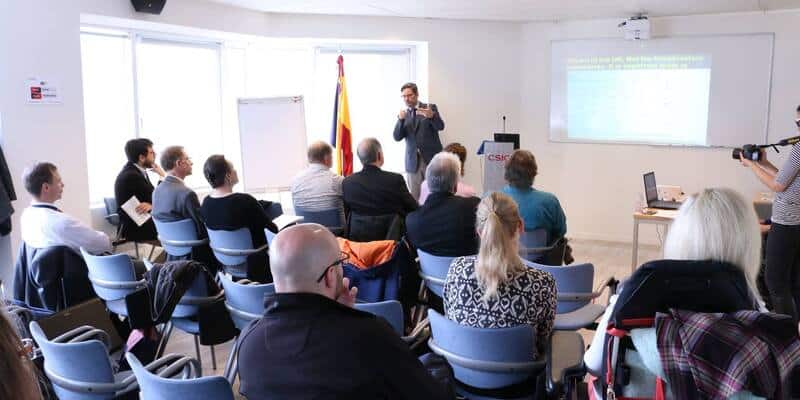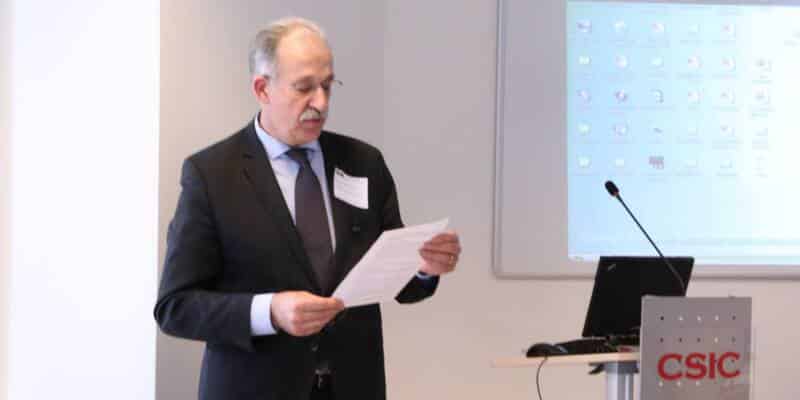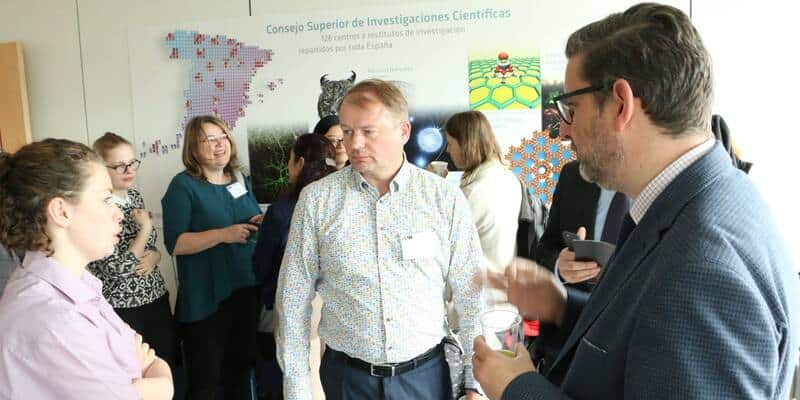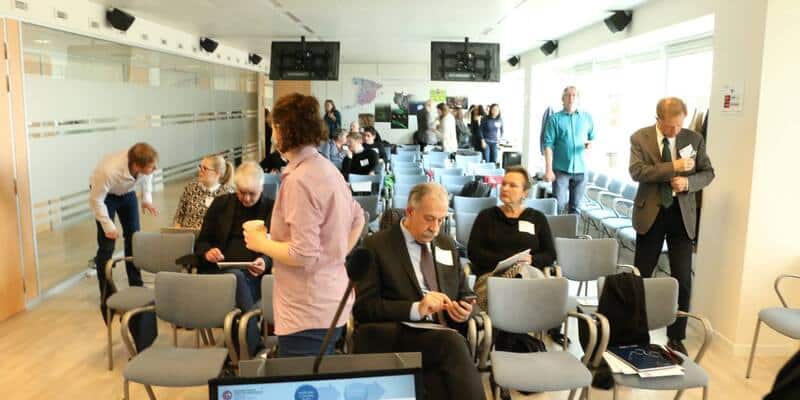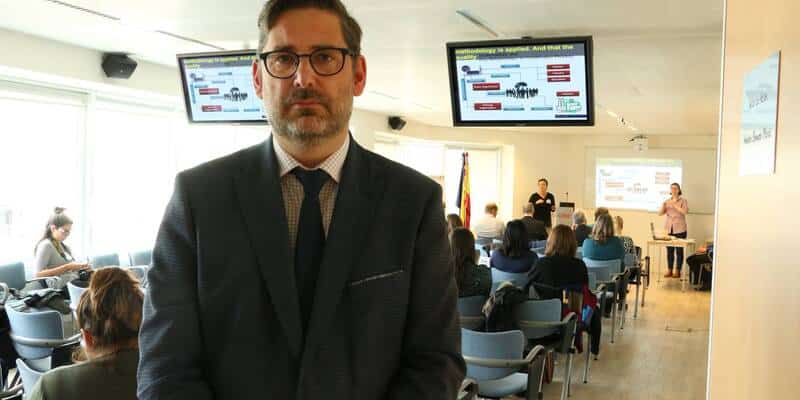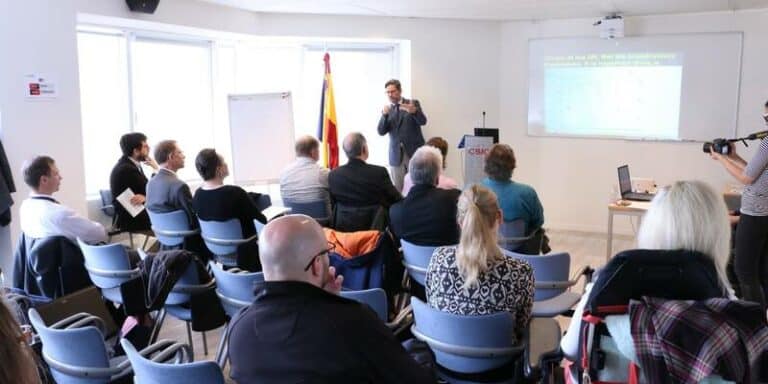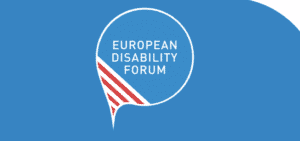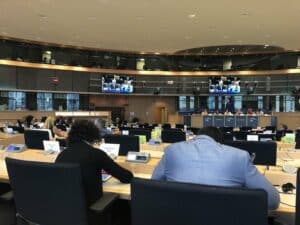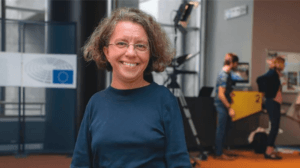On the 28th April the EUD attended the Info Day on European Training and Certification in Culture, Media, and ICT Accessibility for the ACT (Accessible Culture and Training) project. The aim of the project is to create a new professional profile, “Media Accessibility Expert/Manager for the Scenic Arts”, and to detail the various types of training activities required to train this professional. The objective for this professional would be to counsel stakeholders responsible for the provision of culture, media and ICT services with regards to how to ensure accessibility, especially for persons with disabilities.
Such a professional could make a difference, as access to our modern knowledge-based information societies, especially in the above-mentioned areas, is crucial to ensure the full and equal rights of persons with disabilities.
During the Info day, representatives of different organisations elaborated on the current and emerging needs in the fields of media, culture and ICT in terms of accessibility. During the panel on the topic of required quality requirements for users with disabilities in these fields, EUD director Mark Wheatley gave two examples of areas in which deaf persons experience barriers – audio-visual media services (AVMS) and telephony services – and proposed solutions to these issues.
With regards to AVMS, Mark Wheatley emphasised that for instance many TV programmes are broadcasted without or only poor quality subtitles and/or sign language interpretation and remain inaccessible, which constitutes a violation of the UN Convention on the Rights of Persons with Disabilities (UN CRPD). If access services are available, users often do not have control over their functioning. However, the provision and adequate functioning of these services are crucial to allow deaf persons equal access to information.
With regards to telephony services, he pointed out that there is a lack of efficient, around the clock VRS/VRI services that allow deaf persons to communicate with hearing persons via phone. Moreover, VRS/VRI services are often limited due to restricted opening hours and paid-for use. It was suggested that deaf people must be made aware of the availability of the services, especially for emergency situations. Furthermore, costs additional to the one of a normal phone call should not be placed on the user.
Helga Stevens, a deaf member of the European Parliament, gave closing remarks, highlighting how essential accessibility is for persons with disabilities. The EUD hopes that the establishment of this new professional profile of media accessibility expert/manager will improve the current level of accessibility in the fields of media, culture and ICT for deaf persons.
